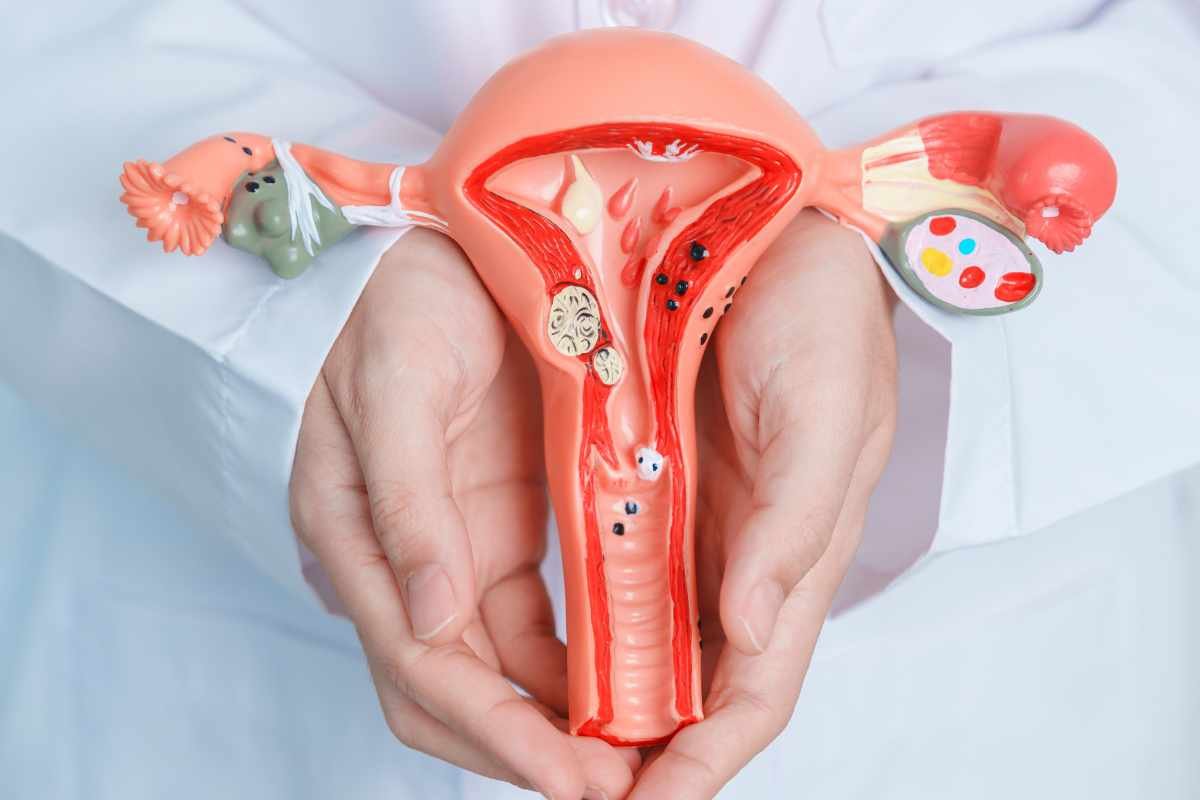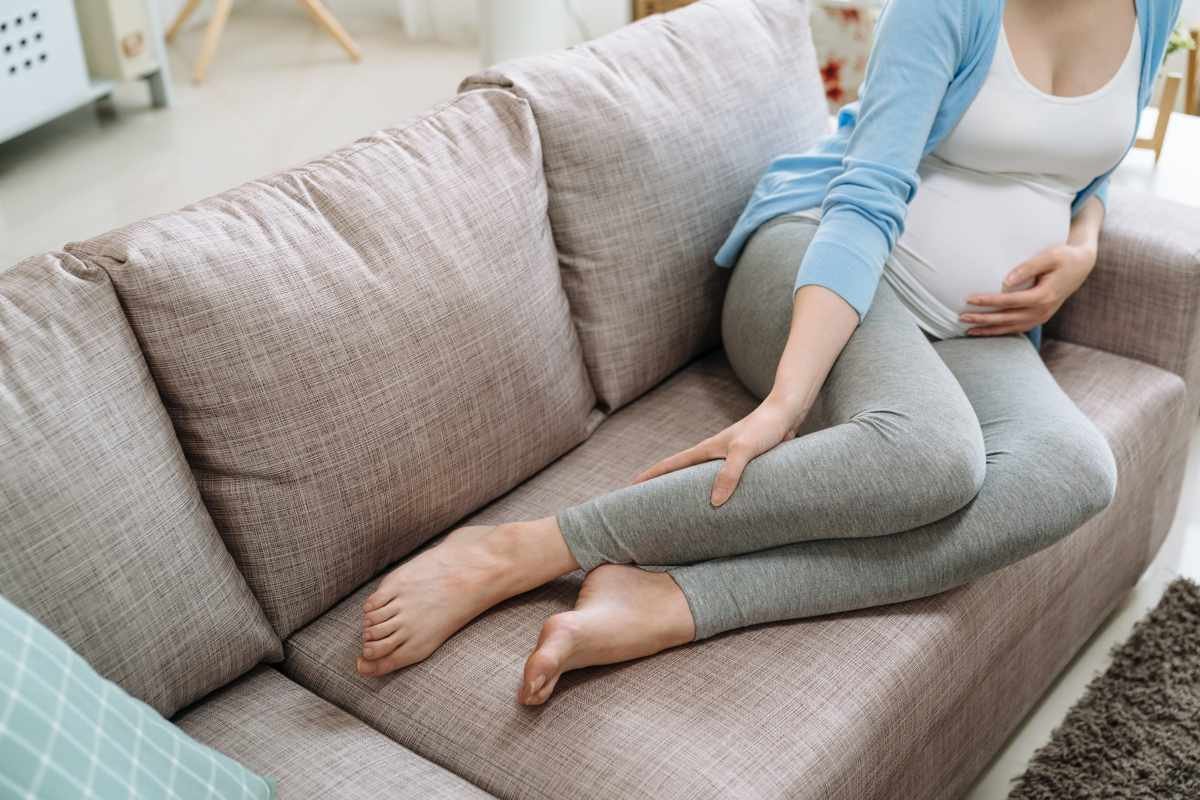What is Cramping in Early Pregnancy?
Pregnancy is a time of excitement and anticipation! A woman’s body goes through so many physical changes in a body during this period. Many women go through cramping, which is a common symptom of pregnancy. In the first trimester of pregnancy, women may feel mild to moderate discomfort in their lower abdomen or pelvic region. Usually, it is normal during the early stages, but sometimes the pain might become serious. Hence, it is recommended to visit a doctor during this time as they will give you proper advice.
In this blog, we will provide you with some insights about cramping, its common causes, and how you can manage it:
Common Causes of Cramping in Early Pregnancy
Implantation Cramping: This is one of the earliest signs of pregnancy. It occurs when the fertilized egg attaches itself to the lining of the uterus. The fertilization process takes around 6 to 12 days of conception. This process can cause mild pain for a certain period.
Uterine Expansion: During the first trimester, the uterus begins to expand as it needs to accommodate the fetus. The expansion of the uterus can cause mild to moderate cramping. Hence, women can feel some discomfort during this time.

Hormonal Changes: The progesterone and estrogen levels are high during this time. This is because they need to relax the muscles of the uterus. It can also lead to the slowing down of the digestive system, which leads to bloating and cramping.
Digestive Issues: The growing uterus affects the digestive system as it presses the other organs, making the digestive movement slow and leading to cramping and constipation. Therefore, it is suggested to eat food filled with lots of protein, fiber, vitamins, and minerals. Drinking water during this time also helps to reduce the heat burn during this period.
Ectopic Pregnancy: This is a complication during pregnancy, as the fertilized egg implants outside the uterus in the fallopian tubes. It can be life-threatening if not treated well. The common symptoms of ectopic pregnancy are severe cramping on a particular side, heavy bleeding, and dizziness. If you start suffering from any such symptoms, it is advisable to visit a doctor.
Miscarriage and UTIs: Sometimes early cramping can be a sign of Miscarriage or UTIs. It takes place in the lower abdomen. The other symptoms of miscarriage may include heavy bleeding and decreased symptoms of pregnancy. In the UTI, you may feel the urge to urinate a couple of times and get a cloudy or strong smell of your urine. Here comes the time when you should consult your doctor to avoid complications.
Do You Need to Worry About Cramping in Early Pregnancy?
Cramping during your pregnancy is normal, but sometimes severe cramping might indicate some other issues, and some of the common symptoms for the same are:
1. Heavy Bleeding: Light spotting of blood can be common, but heavy bleeding with clots or tissues can be a symptom of miscarriage.
2. Dizziness or Fainting: If you are suffering from severe cramping and fainting many times, you might be suffering from some serious conditions

3. Pain in the shoulder or neck: This is a common sign of ectopic pregnancy. Along with pain in the shoulder or neck, there will be internal bleeding and cramps.
4. Fever and chills: If you are suffering from fever and chills along with cramps, then you might be suffering from UTI or some severe infection and should immediately consult a doctor.
If you smoke then you should avoid smoking as soon as you recognize you are pregnant, as it will reduce the risk of cramping and other health issues. Intake of vegetables that are rich in fiber, such as carrots, spinach, and radishes, as well as fruits like berries, guavas, grapes, apples, and dried foods, can help you reduce the cramps. Practicing yoga and stretching exercises can help improve your blood circulation and avoid dizziness that may lead to cramps. Gentle massages on your legs and using stretch mark creams can reduce the risk and provide you with several other benefits.
In the below section, you will get some additional information about how to deal with cramps during pregnancy.
Managing Cramping in Early Pregnancy
If you are suffering from mild to moderate pregnancy and want to avoid discomfort during this time then here are some tips that might help you to avoid them.
- Rest: Avoid overworking, listen to your body, and take breaks when it is needed. By simply lying down the discomfort and pain can be reduced.
- Hydration: Keeping yourself hydrated is essential to avoid cramping. It is advised to take a minimum of 8 cups of water during the day of pregnancy.
- Warm Compress: It is advisable to apply warm water bags, heating pads, or hot bottles on your lower abdomen if you start feeling some discomfort to soothe your cramps.
- Avoid certain types of food: Foods that are high in sugar, high in caffeine, alcoholic drinks, and processed foods can increase the risks of cramping. Hence these foods should be avoided.

Final Thoughts
We hope this blog has given you some powerful insights about the meaning of cramping in early pregnancy, how it can be reduced, and how to avoid discomfort during cramping. It is normal to suffer from cramping during pregnancy but taking precautions, keeping yourself informed, and being proactive is the best way to ensure a happy and healthy pregnancy journey.
Let us make pregnancy an occasion when we appreciate our female bodies!







